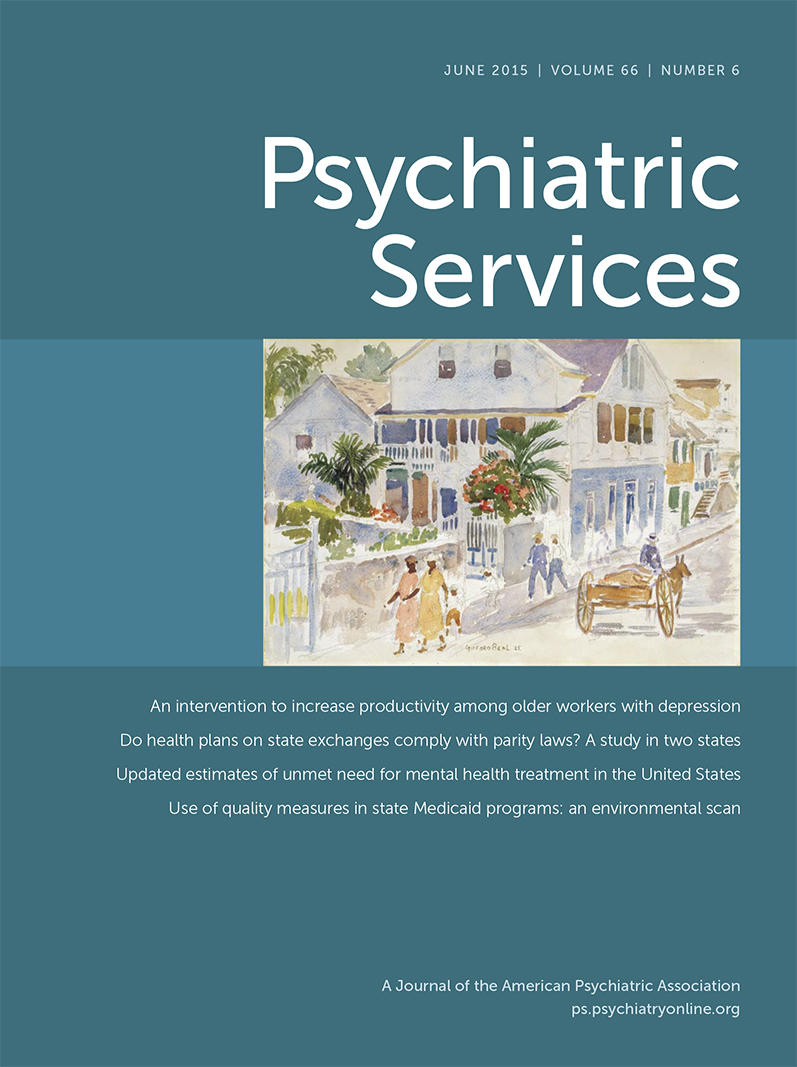A Potential Role for Family Members in Mental Health Care Delivery: The Family Community Navigation Specialist
Abstract
Objective:
Opening Doors to Recovery (ODR) in southeast Georgia included a family community navigation specialist (F-CNS) in addition to a peer specialist and a mental health professional. This qualitative study assessed the usefulness of the F-CNS role.
Methods:
Semistructured interviews were conducted with 30 respondents (ten ODR participants with serious mental illnesses; ten family members; and ten ODR leaders and team members, including two F-CNSs). Interviews were recorded and transcribed for qualitative analysis.
Results:
Many respondents found the F-CNS to be helpful, providing psychosocial support, serving as a communication liaison, and being a team member dedicated to the family. Aspects that might require improvement include insufficient description of the F-CNS role to participants and the limited experience and training of the F-CNSs.
Conclusions:
The F-CNS represents an unexplored role for family members of persons with serious mental illnesses that may complement the roles of other service providers and strengthen recovery-oriented teams.



